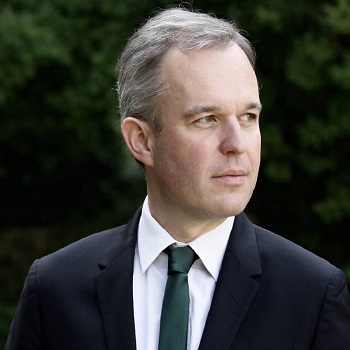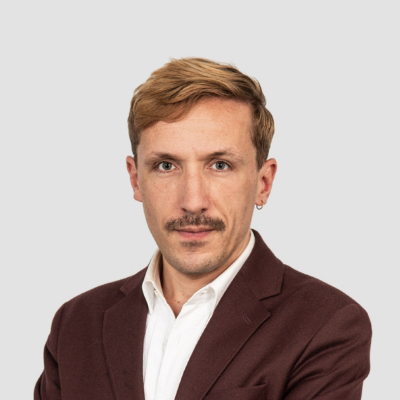New French Minister for the Ecological and Inclusive Transition appointed

Last week, Mr. François de Rugy was appointed to the position of Minister for the Ecological and Inclusive Transition, in replacement of Nicolas Hulot. The latter’s resignation, a popular and high-profile new comer to politics, came as a surprise and a shock, whose wave has further weakened the government of Prime Minister Edouard Philippe. This happened at a difficult time for President Emmanuel Macron and his government, facing feeble growth and several damaging polemics.
François de Rugy has a lower profile in the political landscape, and is far less famous in the public opinion, even though he has been active for much longer. He was the President of the Assemblée nationale (lower house of the French Parliament), and he has been an important ally for Macron and pillar of the En Marche majority, which he rallied during the early stage of the 2017 presidential campaign.
Rugy is also a long-time activist for the defence of environment; he was a member of the Greens Party (rebranded as “Europe-Ecologie-Les Verts”) 25 years long, chaired the Greens group in the Assemblée nationale during the previous term before leaving the party, on the ground that it was leaning “too far to the left”. His expertise on all the related files is widely recognised and he has been considered as the main ecologist leader in the majority, together with MP Barbara Pompili (currently chair of the Sustainable Development committee in the French lower house).
His appointment can be seen as a sign of Macron’s will to reassert, if not amplify, his agenda and ambition regarding sustainable development, climate change and environmental protection overall, after Hulot resigned last week, blaming the lack of action by the government precisely on these issues. Since then, numerous rumours have circulated in Paris to second-guess Macron’s final pick for the role, which most commentators expected to be from the civil society: former minister and DG of WWF France Pascal Canfin, MEP Daniel Cohn-Bendit, or former Paris Agreement negotiator Laurence Tubiana were tipped to be potential candidates.
In the end, the President of the Republic seems to have gone for a more political choice on several aspects: he has selected someone with a stronger experience in politics, therefore more prone to compromise and more used to the pressure and pace of ministerial life, which were both issues for Hulot. It is also a tactical choice to reinforce the cohesion in his political camp, but might shrink his supporting basis and reduce his claimed openness to civil society.
The next weeks will give a clearer indication of this reshuffle’s impact, if any, on Macron’s agenda, with discussion on the share of nuclear power in France’s energy mix as a first example.
-

Thibault leads the Integrated Communications and Reputation Management team. He is also Head of Media relations and a Certified Crisis counsellor, and leads the DE&I work of the FleishmanHillard EU. Thibault has a strong experience in Strategic and Corporate communications, public relations and public affairs....
Find Out More
-
Generative AI is changing the search game
May 8, 2025


